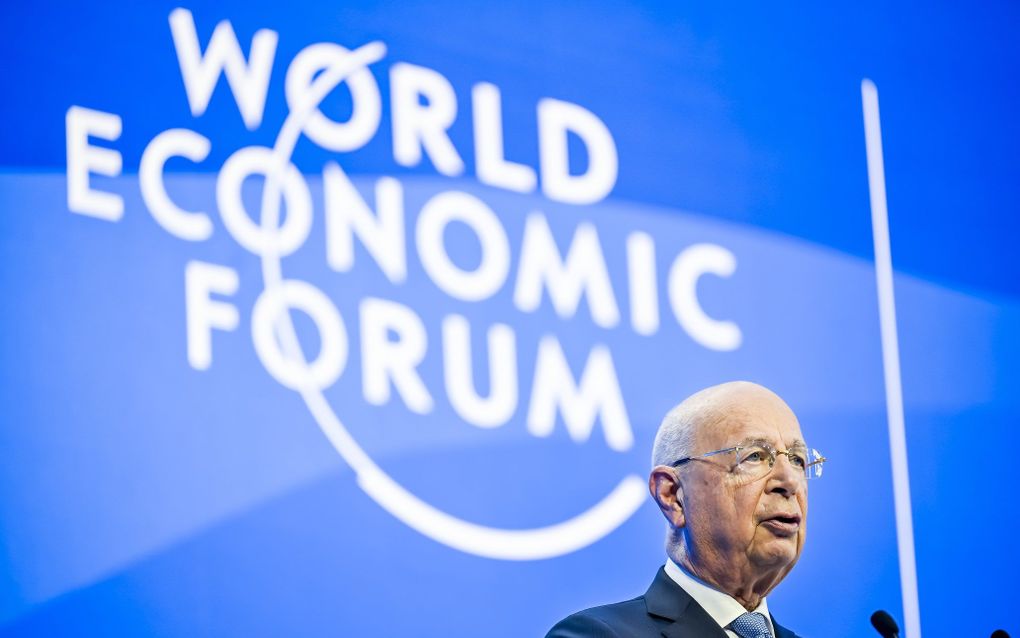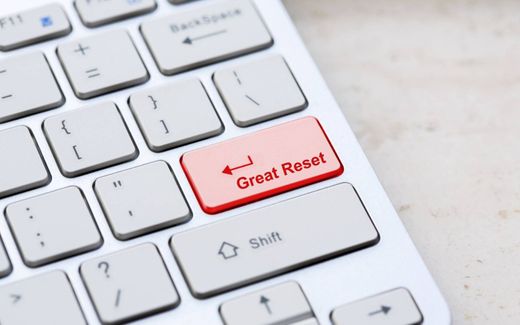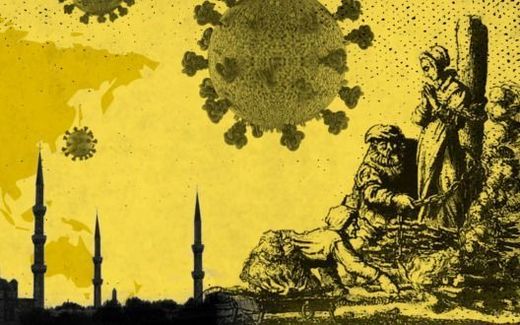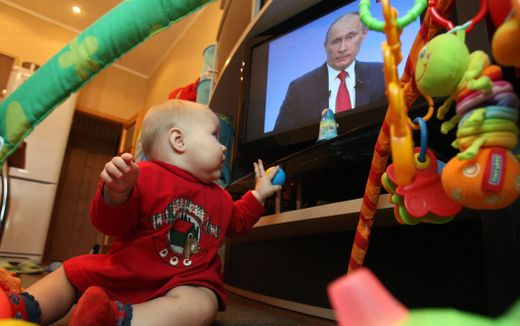What is this pilgrimage of the powerful to Davos really about?

The Forum was established in 1971 by Klaus Schwab, a German engineer and economist. Starting as a networking event for business people, it quickly expanded and also invited government officials and politicians. Photo EPA, Gian Ehrenzeller
European Union
This week, the World Economic Forum (WEF) gathers again in Davos, Switzerland. A record of no less than 52 heads of state go on pilgrimage to the Alps. Where it previously was the target of left-wing activists, it now has the attention of the far-right. Four questions.
What is the WEF?
The Forum was established in 1971 by Klaus Schwab, a German engineer and economist. Starting as a networking event for business people, it quickly expanded and also invited government officials and politicians. Enterprises have to pay a membership fee to be part of the Forum. Ranging from 60,000 euros to 600,000 euros, these businesses also pay for the people that cannot bring this much money to the table: politicians and NGO’s.
The World Economic Forum intends to “bring together people from all walks of life who have the drive and influence to make positive change”, its website states. At the Forum, attendees in numerous halls and rooms talk about major social issues such as climate policy, poverty, inequality and the economy. The formal theme is ‘Cooperation in a Fragmented World’.
Who visits the WEF?
In short, a large proportion of all-powerful people. This year, a record of 52 heads of state or government will visit Davos. Among them are the German Chancellor Olaf Scholz and the Polish President Andrzej Duda. EU Commission President Ursula von der Leyen and NATO Secretary General Jens Stoltenberg will also speak.

Aside from politicians, large enterprises will also visit Davos. Top executives from companies like AstraZeneca, Nestle and Shell will make their appearance. Large banks such as Credit Suisse and UBS will also be in Davos. Furthermore, international organisations such as the International Monetary Fund and the United Nations will be there.
Once you pass through tight security, you can walk freely around the convention centre and bump into the Prime Minister of the Spain, Microsoft founder Bill Gates or another celebrity. That makes it so popular among the world’s elite. There is almost no other venue where influential people can meet informally.
What is the criticism towards the WEF?
The Forum has been under constant criticism from antiglobalists. Greenpeace calculated that over a thousand private jets flew to and from airports in the area during the previous Forum in 2022. That is twice as many as normal. Because some flights came from far away, CO2 emissions during a Davos week are four times that of an average week. Greenpeace calls the “private jet bonanza” an “unpalatable lesson in hypocrisy” because the WEF has high climate targets on its agenda.
But since the Covid pandemic, the Forum has also been a target for the far-right. According to various theories, in Davos, a socialist or neo-communist revolution is being engineered by the elite. However, these theories are inconsistent, unproven, and sometimes anti-Semitic and appeal to the age-old suspicion that a secret world elite is active somewhere. Besides, in recent editions, right-wing politicians such as American President Trump and Hungarian Prime Minister Viktor Orbán visited Davos. Not precisely people that propagate a socialist turnover.
The way the Forum is organised, however, raises questions. Although the politicians that visit Davos do not have a mandate and thus cannot make decisions, the lack of transparency lowers the threshold for informal meetings between businesses and governments. The WEF tries to be transparent by live streaming a lot of sessions, but there are still a lot of private gatherings. Now, it is always and everywhere possible for the elites of the world to meet in secret. Still, the large meetings behind doors in Davos raise suspicions among people.
If no decisions are being made, what is this event’s use?
The criticism towards Davos and the World Economic Forum is growing. “I think that Davos is totally irrelevant”, says Rana Foroohar, a Financial Times columnist. Klaus Schwab argued at a press conference last week that “only personal interaction creates the necessary level of trust, which we need so much in our fractured world”. However, economic tensions between China and the United States are growing, resulting in governments rethinking supply chains to reduce vulnerabilities. The European Union and the United States are boosting their domestic production to avoid shortages, making international trade a little less relevant.

Still, the world’s elite keeps meeting in Davos. In the ski resort, there is continuous talk about the need for change to save the planet without any concrete results. Occasionally, guests at the WEF get a fiery speech as some form of self-flagellation, such as speeches from the Swedish climate activist Greta Thunberg or the Dutch journalist Rutger Bregman, who said that the rich people should pay their fair share of taxes. The World Economic Forum in Davos seems mostly like a pilgrimage of the powerful, who all suffer from FOMO: the Fear Of Missing Out.
Related Articles






